Two Sides of the Same Coin: Turning Conflict Into Cohesion
AASP
APRIL 5, 2022
To prevent and resolve team conflict, sport psychology consultants (SPC) need to understand how to promote team cohesion (Leo et al., cooperative learning, role significance), and peer climate (e.g., Female athletes’ perceptions of teammate conflict in sport: implications for sport psychology consultants. <em>The

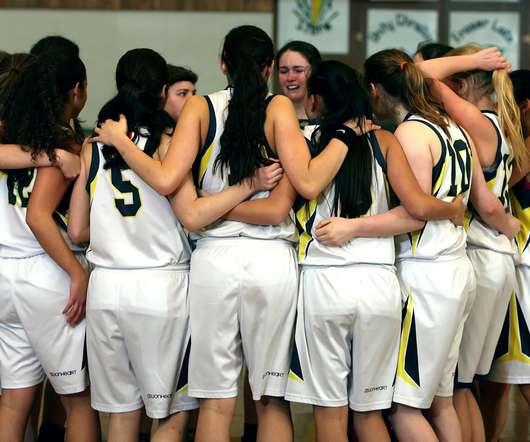
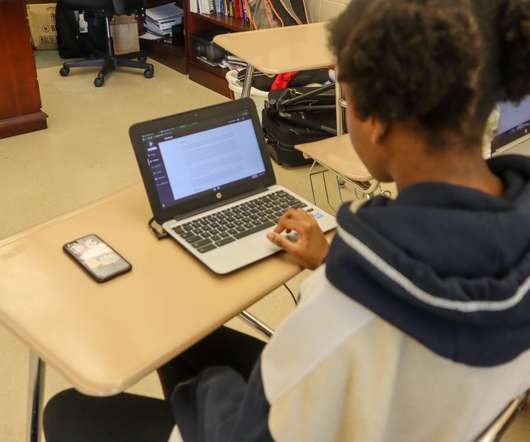
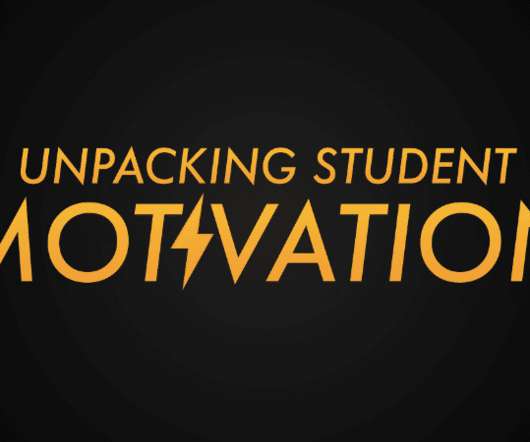
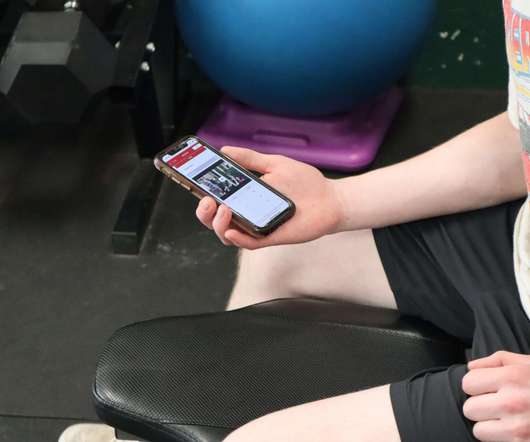
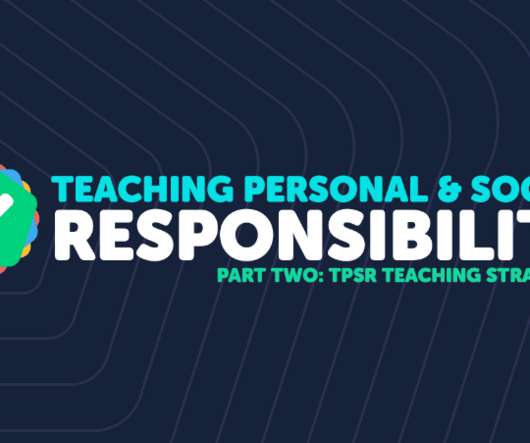






Let's personalize your content